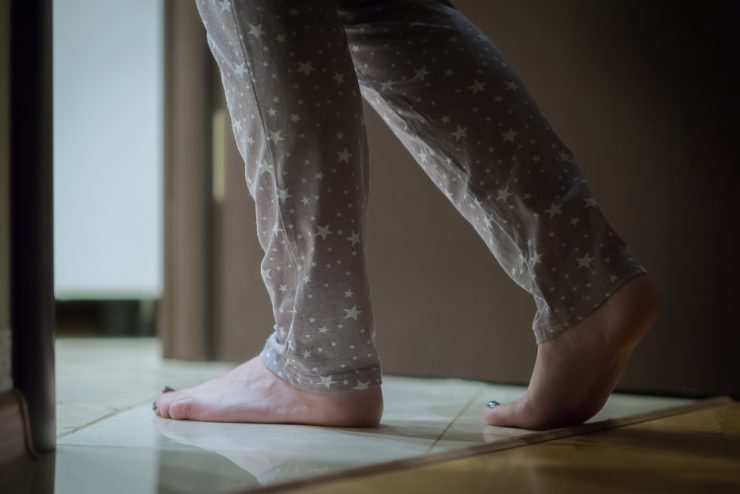“I think I may have started the menopause. I seem to be getting up to go the loo in the night more often than I used to and have heard this is a typical symptom. Is there anything that can help me nutritionally? I’m 49 years old.”
Suzie Sawyer, Clinical nutritionist, answers.
Night-time vists to the loo are annoying and an all-too common menopausal symptom. They are often caused by an over-active or irritated bladder often exacerbated by falling oestrogen levels. The good news is there’s plenty of help nutritionally.
What to avoid:
Certain foods and drinks can definitely irritate the bladder, with caffeine and alcohol being top of the list. Remove both for a couple of weeks (if applicable) and swap to herbal teas. Rooibos is probably the best tea to choose, as even decaf tea and green tea contain some caffeine.
Vitamin C:
Additionally, it’s important to help maintain the elasticity and integrity of the bladder and vaginal walls. Vitamin C, found in all fruits and vegetables, is needed for the production of collagen, which is an integral part of body tissue. Therefore, eating a rainbow diet, loaded mostly with vegetables and some fruit (fruit contains fructose which can irritate the bladder), is definitely the way forward. Plus, you should take a daily 1,000 mg supplement of vitamin C for increased benefits.
Horsetail:
Certain herbs can also really make a difference. Horsetail contains good amounts of silica, which helps strengthen connective tissue in the body and around the bladder. Good food sources of silica include onions, carrots, apples, pumpkin seeds and wholemeal bread.
Phytoestrogens:
Eating plenty of phytoestrogens can also really help. These are plant oestrogens that mimic natural oestrogen because they lock onto oestrogen receptor sites in the body and have a balancing effect. Try to include foods such as soya milk (made from whole soya beans), tofu, miso, flaxseeds, chickpeas and natto regularly in your diet, which are gently effective.
Magnesium:
Finally, take a supplement of magnesium about an hour before bedtime. Known as ‘nature’s natural tranquiliser’ it has a muscle-relaxing effect, which will help you sleep as well as relax the smooth muscles in the bladder wall, minimising any irritation.



























Add comment